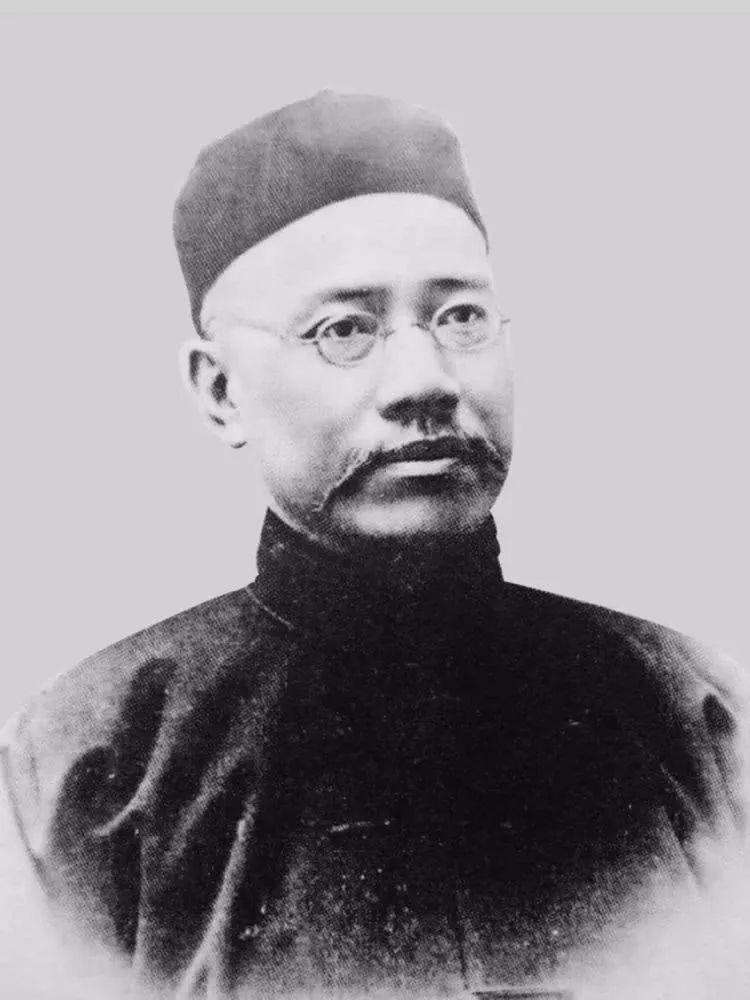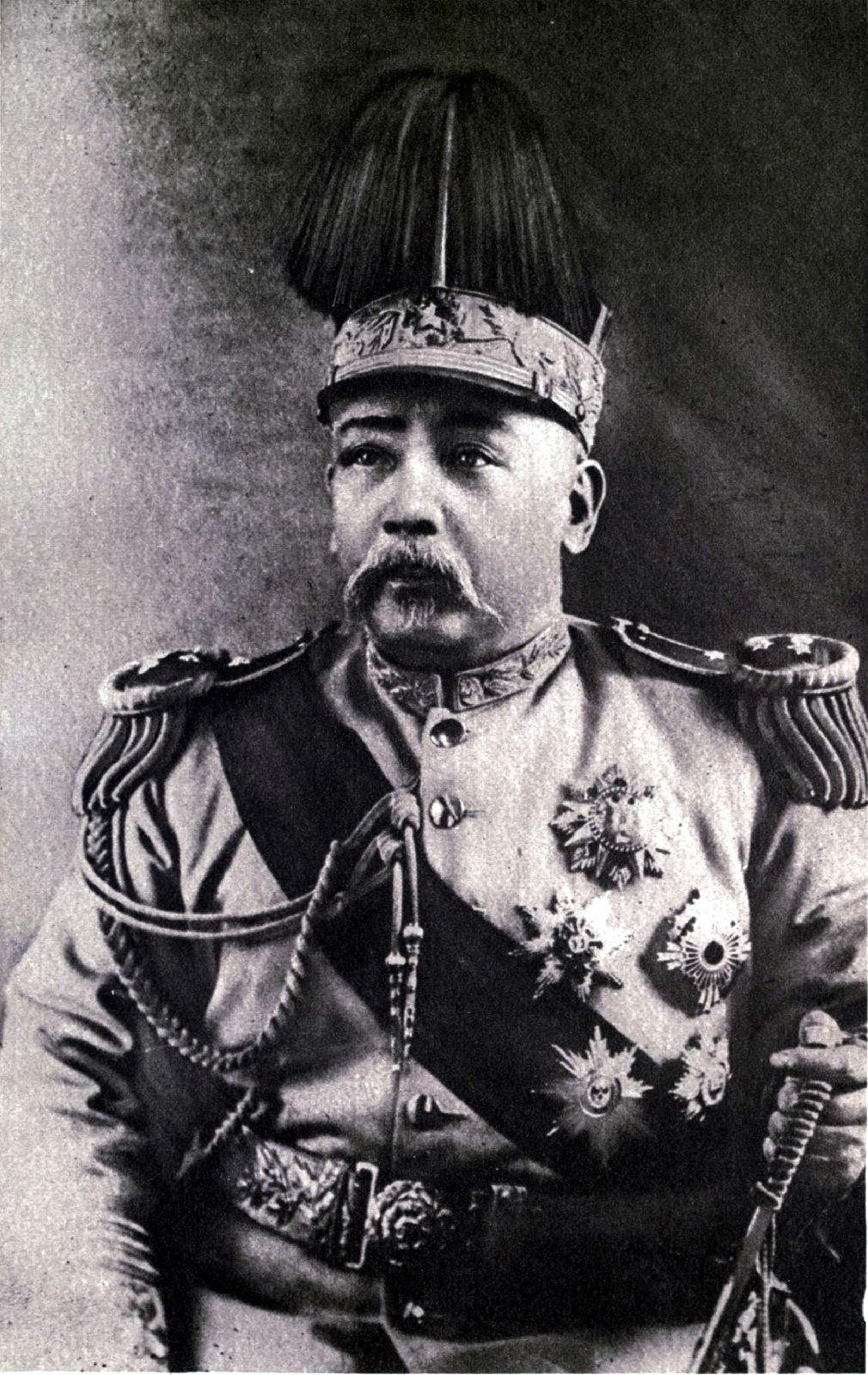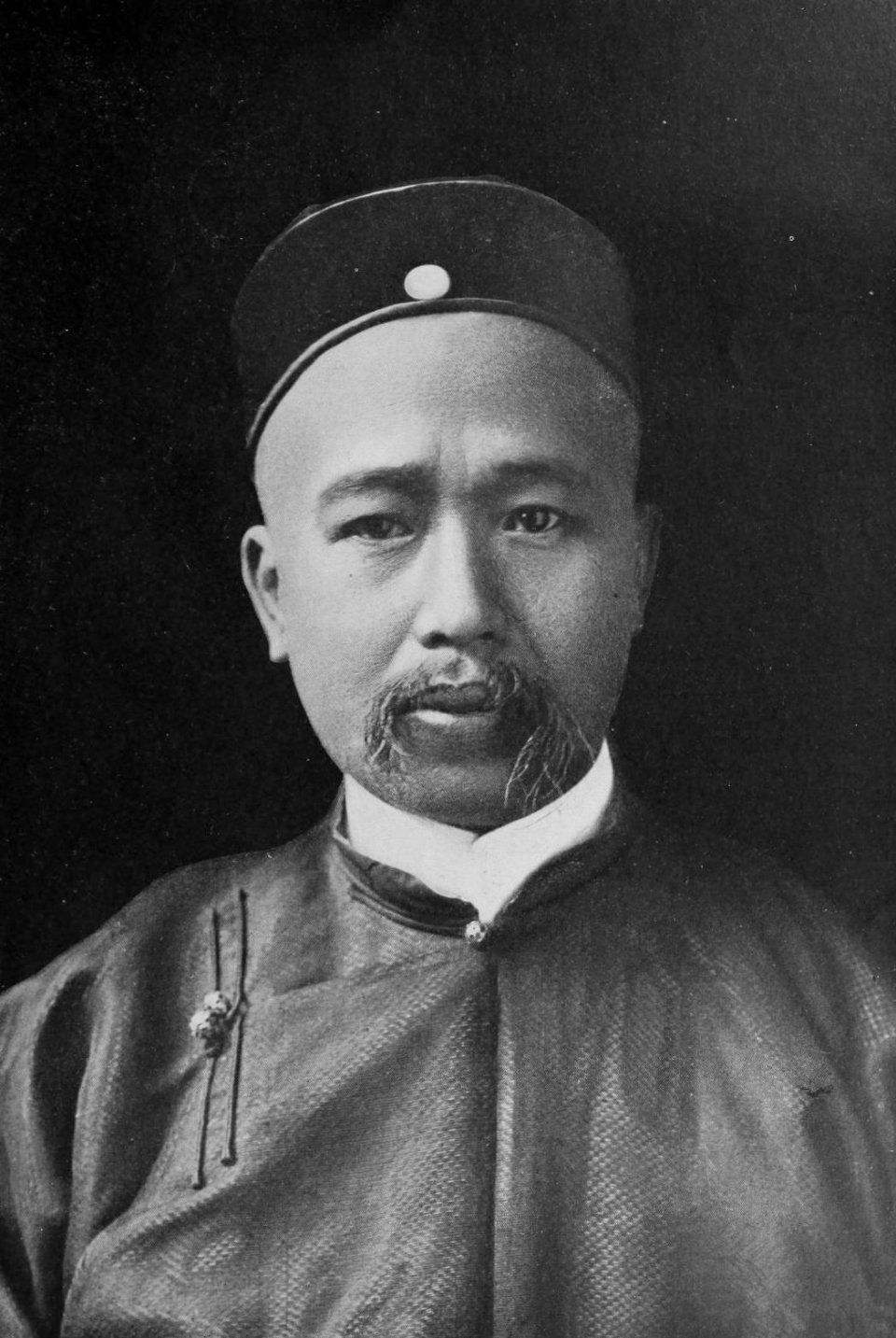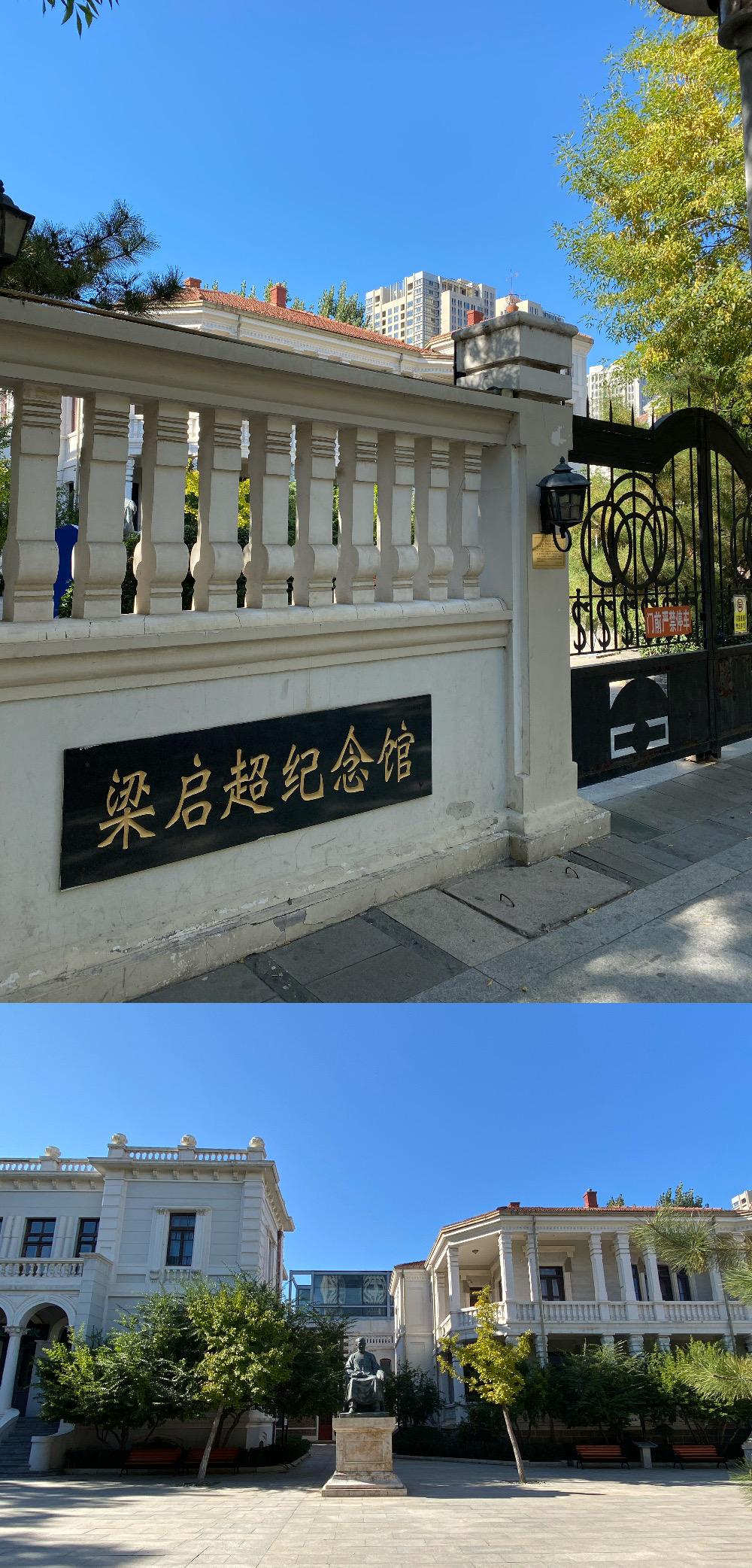The founder of new historiography
Overview
Chinese Name: 梁启超
English Name: Liang Qichao
Other Names: Yin Bing Zi 饮冰子, New people of China 中国之新民, Master of Freedom House 自由斋主人
Born: February 23, 1873
Died: January 19, 1929
Achievements:
Participate in “Joint Petition of Imperial Examination Candidates to the Emperor” and call for salvation 参与“公车上书”,呼吁救亡图存
Publicize the idea of reform and create public opinion for the reform and Reform 宣传变法的主张,为维新变法制造舆论
Lead the strong society in Beijing and Shanghai and founded the current affairs newspaper 领导北京、上海的强学会,创办《时务报》
Advocate the theory of modern literary revolutionary movement 倡导近代文学革命运动理论
Main Works:
Academic history of China in the past three hundred years《中国近三百年学术史》
Chinese history research law《中国历史研究法》
The future of new China《新中国未来记》

Brief Biography of Liang Qichao
Liang Qichao was a modern Chinese thinker, politician, educator, historian, and writer, one of the leaders of the reform movement of 1898 戊戌变法 (hundred-day reform 百日维新), and a representative figure of the modern Chinese reformists and new Legalists.
Liang Qichao (February 23, 1873 – January 19, 1929), his courtesy name is Zhuo Ru 卓如 and Ren Fu 任甫, and his art name is Ren Gong 任公. He is also known as the owner of the ice drinking room 饮冰室主人, the drinking ice 饮冰子, the mourning guest 哀时客, the new people of China 中国之新民, and the owner of the free house 自由斋主人.
He is from Chakeng village 茶坑村, Xiongzi Township 熊子乡, Xinhui County 新会县, Guangzhou 广州, Guangdong Province 广东省 (now Chakeng village 茶坑村, Xinhui District 新会区, Jiangmen City 江门市, Guangdong Province). He studied with a teacher when he was young. At the age of eight, he learned to write. At the age of nine, he was able to write a thousand words. At the age of 17, he became a Juren. After learning from Kang Youwei 康有为, he became a propagandist of the bourgeois reformists.
Before the constitutional reform and modernization 维新变法, he and Kang Youwei jointly launched the “Joint Petition of Imperial Examination Candidates to the Emperor 公车上书” campaign with the Juren of all provinces. Since then, he has led the strong society in Beijing 北京 and Shanghai 上海, and jointly run the current affairs newspaper with Huang Zunxian 黄遵宪. He served as the keynote speaker of the Changsha current affairs school 长沙时务学堂 and wrote the general proposal for reform 变法通议 to publicize the reform.
After the failure of the reform movement of 1898, he went into exile in Japan with Kang Youwei and gradually became conservative in politics and ideology. However, he was the theoretical advocate of the modern literary revolution. After fleeing to Japan, Liang Qichao continued to promote the “poetic revolution 诗界革命” in his collection of ice drinking rooms 饮冰室合集 and travel notes to Hawaii 夏威夷游记, criticizing the previous practice of using new terms to express new ideas in poetry.
After the 1911 Revolution 辛亥革命, he once joined the Yuan Shikai 袁世凯 government and served as the chief justice; After that, he criticized Yuan Shikai’s proclamation of the emperor and Zhang Xun 张勋’s restoration and joined Duan Qirui 段祺瑞’s government. He advocated the new culture movement 新文化运动 and supported the May 4th movement 五四运动. His works were compiled into the collection of ice drinking rooms.

On January 19, 1929, Liang Qichao died in Beijing Union Medical College Hospital 北京协和医院 at the age of 56.
Personal Life and Major Contributions
Make up his mind to reform
In the 15th year of Guangxu 光绪 (1889), Liang Qichao took part in the township examination in Guangzhou and ranked eighth. At this time, there is a “Golden Road” in front of him. Walking along this road, it is completely possible for him to become an official and rise to the top. However, China was brutally ravaged by imperialism at that time. Facing the severe situation, he gradually abandoned his pursuit in the past and embarked on a road full of twists and turns to save the country and the people.
In the spring of the 16th year of Guangxu (1890), Liang Qichao went to the capital to participate in the examination and failed. When he came back to Shanghai 上海, he saw some western books translated by the Shanghai manufacturing Bureau and Yinghuan Zhilue 瀛寰志略, which introduced world geography. These books broadened Liang Qichao’s vision. From then on, he became deeply interested in western politics and culture.
In the autumn of the same year, Liang Qichao made friends with Chen Qianqiu 陈千秋 and met Kang Youwei 康有为 through Chen Qianqiu. Kang Youwei, who vigorously advocated reform, was very famous at that time. Liang Qichao admired his unique views and bold actions. It was an important turning point in Liang Qichao’s life to get acquainted with Kang Youwei. Since then, he withdrew from the sea of learning 学海堂, abandoned his old school, and followed Kang Youwei. He also accepted Kang Youwei’s reform ideas and theories, and gradually embarked on the road of reform.

Propaganda the Reform thoughts
In the 22nd year of Guangxu (1896), Huang Zunxian, Wang Kangnian 汪康年, and others organized the current affairs newspaper 时务报 in Shanghai. Liang Qichao was invited to preside over the pen politics. During his period as editor-in-chief of the current affairs newspaper, he wrote a series of articles such as “general discussion on reform 变法通议” and “China’s weakness due to corruption prevention 论中国积弱由于防弊” with novel and sharp comments and popular and fluent words to systematically explain the reform theory.

He pointed out that to be strong and prosperous, China must carry out reform. In these articles, Liang Qichao also vigorously introduced western learning and clearly pointed out that to reform China’s weak and backward appearance, we must learn from the political, economic, cultural, and educational systems of Western capitalist countries. He also tried his best to publicize the theory of civil rights according to the western bourgeois theory of civil rights and the parliamentary system, which played an enlightening role at that time.
Liang Qichao’s Reform thoughts
Liang Qichao devoted his whole life to the transformation of Chinese society. For the sake of national prosperity, he did his best to shout and run around and paid for all his efforts. However, his political views vary with time, constantly changing, and are contradictory, so it is difficult to be convincing.
During the reform movement, Liang Qichao followed in Kang Youwei’s footsteps. He paid attention to and vigorously expounded Kang Youwei’s reform ideas and reform theories in both newspaper and teaching. Based on the theory of Gongyang III 公羊三世说 and the western theory of evolution, he advocated reform, stressed reform, publicized western science and culture, and fully revealed the vitality and vigor of young Patriots.

The failure of the reform movement of 1898 once made Liang Qichao realize that to save China, he must carry out a “destruction”: “when we look at the prosperity of various countries in the modern world, there is no one who does not destroy the times first. There is no escape from this certain class.” However, this vacillation between reform and revolution did not last long for Liang Qichao. He still advocated reform with Kang Youwei and advocated “rejecting the post and protecting the emperor 斥后保皇”.